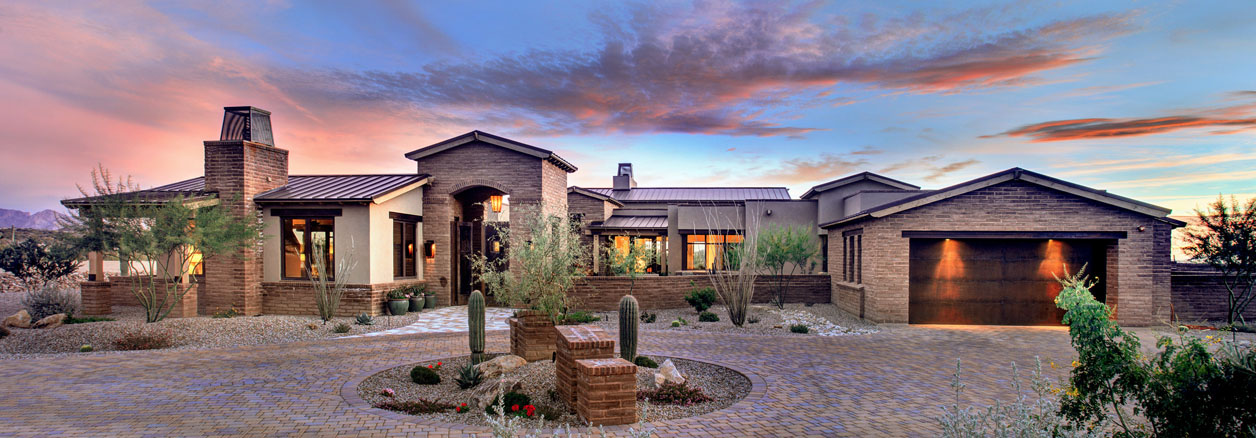Canadians Buying Arizona Real Estate
With its desert winters and gorgeous natural attractions throughout the state, it’s no wonder Arizona is ranked third in the nation for home purchases made by foreign buyers. By sales volume, the Grand Canyon State ranks below California and Florida with Canadians accounting for 46% of its international home purchases. In addition to our northern neighbor, China, India, Mexico, and the United Kingdom are responsible for the bulk of foreign home buying. Thinking about buying a home in Tucson or Phoenix? We’ve compiled a few tips for Canadians looking to make the move to Arizona.
Do your research

If you currently own property in Canada, you understand how important it is to research the area in which you’re interested. Thoroughly vetting the neighborhood becomes even more important when you’re buying in another country. Arizona is rich with diversity—from climate to culture and everything in between such as school systems, crime rates, and job markets. Don’t skip the legwork just because you’ve found a dream vacation home. Here are some less obvious things to research:
- Traditional Neighborhood Development: plans for future development around your home.
- Remodeling restrictions put in place by the homeowner’s association.
- Local amenities like parks and public transportation. Note: even if they don’t interest you personally, they can impact the future market value of your home.
Learn the language
Buying a home in a different country can be all the more challenging if you’re unfamiliar with the language used by your realtor or mortgage broker. As a Canadian, you’ll want to familiarize yourself with the following terms:
- Buyer’s Advisory-Disclosure Forms: Simply put, these are signed documents that indicate your intent to buy a home. They do not obligate you to purchase, rather they are informational in nature and detail the process of working with an agent.
- Escrow: Unlike the Canadian process wherein the buyer and seller have individual legal representation, Arizona home-buying involves a period of “escrow.” This represents the time between the acceptance of your offer and the official title transfer of ownership—typically 30 days. All transactions that occur (such as home inspections, appraisals, etc.) are handled by a neutral, third party escrow or title company.
- Earnest money: 1-3% of the purchase price of the home made as a “good faith” payment. These funds are paid after the offer and prior to close of escrow—usually in the form of a cashier’s check. Tip: Open a US bank account before you even start shopping and avoid the risk losing out on a deal from not having a check in USD.
- Financing: This process may vary depending on the current market and your individual financial summary. In general, you can expect to:
- Present a letter stating you have “liquid funds” if paying cash.
- Wait a little bit longer than US residents to be approved for a loan
- Make a down-payment of 25-30% of the purchase price for a secondary (vacation) home
- Present between 2-6 months of bank statements verifying your income and average daily balances
- Have your credit checked via an international reporting agency
- Present other standard documentation such as a copy of your passport, proof of employment, etc.
Buying a home can be equally exciting and stressful—don’t exacerbate the normal pain points by failing to do your research as a foreign buyer. Find a reputable realtor early and talk to friends and neighbors who have purchased a home in the states. By anticipating the escrow process and being fully prepared with your offer, your dream vacation home will be a reality before you know it.
Contact us today if you’re interested in learning more about The Residences at The Ritz-Carlton, Dove Mountain.

